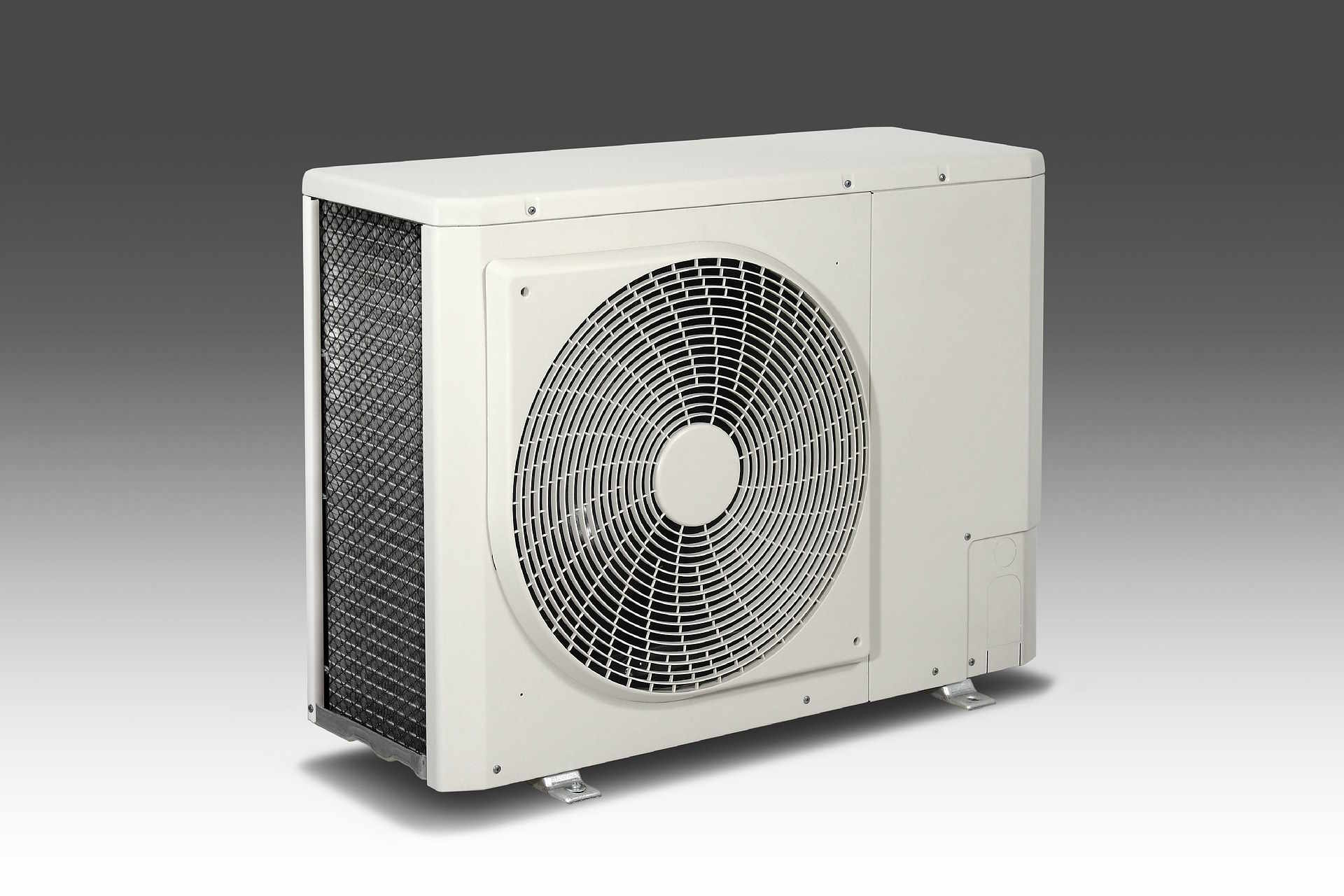2025 Heat Pump Costs, Savings Tips & Government Rebates in New Zealand
Did you know the New Zealand government offers subsidies to help make installing heat pumps more affordable in 2025? This article explains how to check eligibility for grants, select the right heat pump for your home, and provides practical advice for managing installation and energy costs.

What Are Heat Pump Costs in New Zealand for 2025?
Understanding heat pump costs in New Zealand for 2025 requires considering both upfront installation expenses and long-term operational savings. The price range varies significantly depending on the type, size, and brand of heat pump you choose. Single-room heat pumps typically represent the most affordable entry point, while whole-home systems require a larger initial investment.
Installation costs include the unit itself, professional fitting, electrical work, and any necessary modifications to your home’s infrastructure. Modern heat pumps are more energy-efficient than older models, which translates to lower electricity bills over time. When calculating the total cost of ownership, factor in potential energy savings of 30-50% compared to traditional electric heating methods.
How Does the Warmer Kiwi Homes Programme Support Heat Pump Subsidies?
The Warmer Kiwi Homes programme represents the government’s primary initiative for making heat pumps more accessible to New Zealand households. This programme provides substantial subsidies that can significantly reduce your upfront costs, making energy-efficient heating solutions more affordable for qualifying homeowners.
Eligibility criteria include property age, insulation levels, and household income thresholds. The programme prioritizes homes built before specific dates and requires adequate insulation as a prerequisite for heat pump subsidies. Applications are processed through approved suppliers who can guide you through the qualification process and help determine your rebate amount.
Why Does Insulation Play a Role in Eligibility and Efficiency?
Insulation plays a crucial role in both programme eligibility and heat pump efficiency because properly insulated homes retain heat more effectively. The Warmer Kiwi Homes programme often requires homes to meet minimum insulation standards before qualifying for heat pump subsidies, ensuring that government investment delivers maximum benefit.
Well-insulated homes allow heat pumps to operate more efficiently, reducing energy consumption and operating costs. Poor insulation forces heating systems to work harder, increasing electricity bills and reducing the overall effectiveness of your investment. Before installing a heat pump, consider upgrading ceiling and underfloor insulation to maximize both eligibility for subsidies and long-term performance.
How Can Modern Heat Pumps Support Energy Efficiency?
Modern heat pumps support energy efficiency through advanced inverter technology, smart controls, and improved refrigerant systems that deliver superior performance compared to older models. Contemporary units automatically adjust their output to match heating demands, preventing energy waste while maintaining consistent indoor temperatures.
Many newer heat pumps include programmable timers, smartphone connectivity, and zone control features that allow precise management of heating schedules and room-by-room temperature control. These technologies enable homeowners to heat only occupied spaces during specific times, further reducing energy consumption and costs throughout the heating season.
What Practical Advice Helps Manage Heating Costs with Heat Pumps?
Managing heating costs with heat pumps involves strategic use, regular maintenance, and smart energy management practices that maximize efficiency while minimizing electricity consumption. Setting appropriate temperatures, typically between 18-21°C, provides comfortable heating without excessive energy use.
Regular cleaning of filters and annual professional servicing ensures optimal performance and prevents efficiency losses that increase operating costs. Using programmable features to heat your home only when needed, closing curtains or blinds for additional insulation, and avoiding frequent temperature adjustments also contribute to cost-effective operation.
| Heat Pump Type | Provider | Size Range | Cost Estimation |
|---|---|---|---|
| Single Room Split System | Mitsubishi Electric | 2.5-7.1kW | $2,500-$4,500 |
| Multi-Room Split System | Daikin | 5.0-12.0kW | $6,000-$12,000 |
| Ducted System | Panasonic | 7.1-15.5kW | $8,000-$18,000 |
| Heat Pump Hot Water | Rheem | 270-315L | $3,500-$5,500 |
Prices, rates, or cost estimates mentioned in this article are based on the latest available information but may change over time. Independent research is advised before making financial decisions.
Conclusion
Heat pump technology offers New Zealand homeowners an opportunity to reduce heating costs while improving home comfort and energy efficiency. Government subsidies through the Warmer Kiwi Homes programme can significantly offset initial installation costs, making this sustainable heating solution more accessible. By understanding programme requirements, ensuring adequate insulation, and implementing smart energy management practices, you can maximize both government rebates and long-term savings. Professional consultation with approved suppliers will help determine the best heat pump solution for your specific needs and budget, ensuring you make an informed investment in your home’s heating future.




